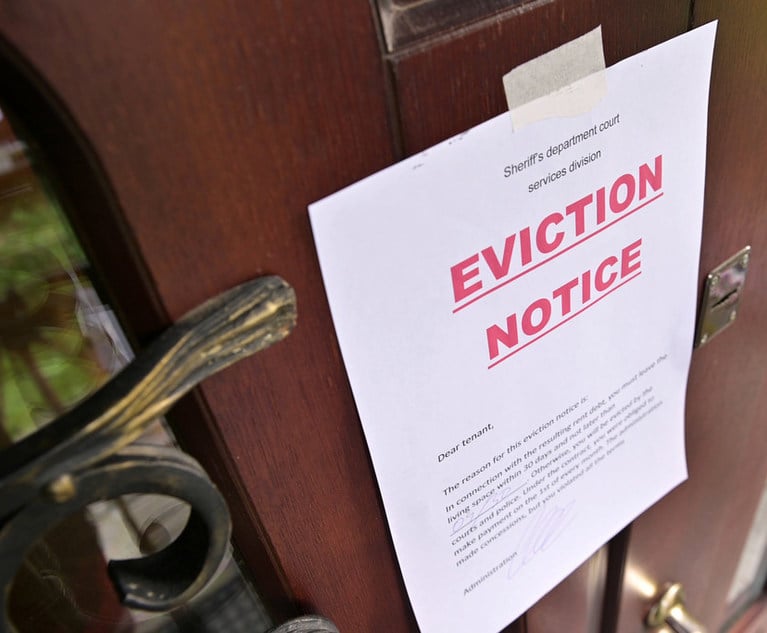Question: I am a condominium sponsor, and I have seen provisions in new construction offering plans where a sponsor has shortened the statute of limitations for unit owners and the condominium board to sue sponsor. Is this enforceable, and how common is this practice?
Answer: Let me start by reminding the reader about the Martin Act—New York’s blue sky law that regulates the disclosure requirements of the offer and sale of real estate securities in New York, including new construction condominium units. N.Y. Gen. Bus. Law §352-e, et seq. With the exception of certain requirements related to the escrow of funds, the Martin Act merely dictates the contents of an offering plan, and does not weigh in on the nature of the offer being made to the public. N.Y. Gen. Bus. Law §352-e; see also Council for Owner Occupied Housing v. Abrams, 125 A.D.2d 10 (3d Dep’t 1987). Moreover, there is no private right of action under the Martin Act, and the statute of limitations for the Attorney General to commence an action or special proceeding under the Martin Act is three years. See People v. Credit Suisse Sec. (USA), 31 N.Y.3d 622 (2018). However, it is not uncommon for the Attorney General to try to limit certain provisions in an offering plan that are not explicitly governed by the Martin Act, usually with the idea that such provisions violate public policy. However, the standard for modifying a statute of limitations is one of reasonableness, which has been interpreted in various situations by a court of law to be appropriate, and actually in furtherance of the public policy goals of the Civil Practice Laws and Rules of New York (the CPLR).


 Erica F. Buckley
Erica F. Buckley




